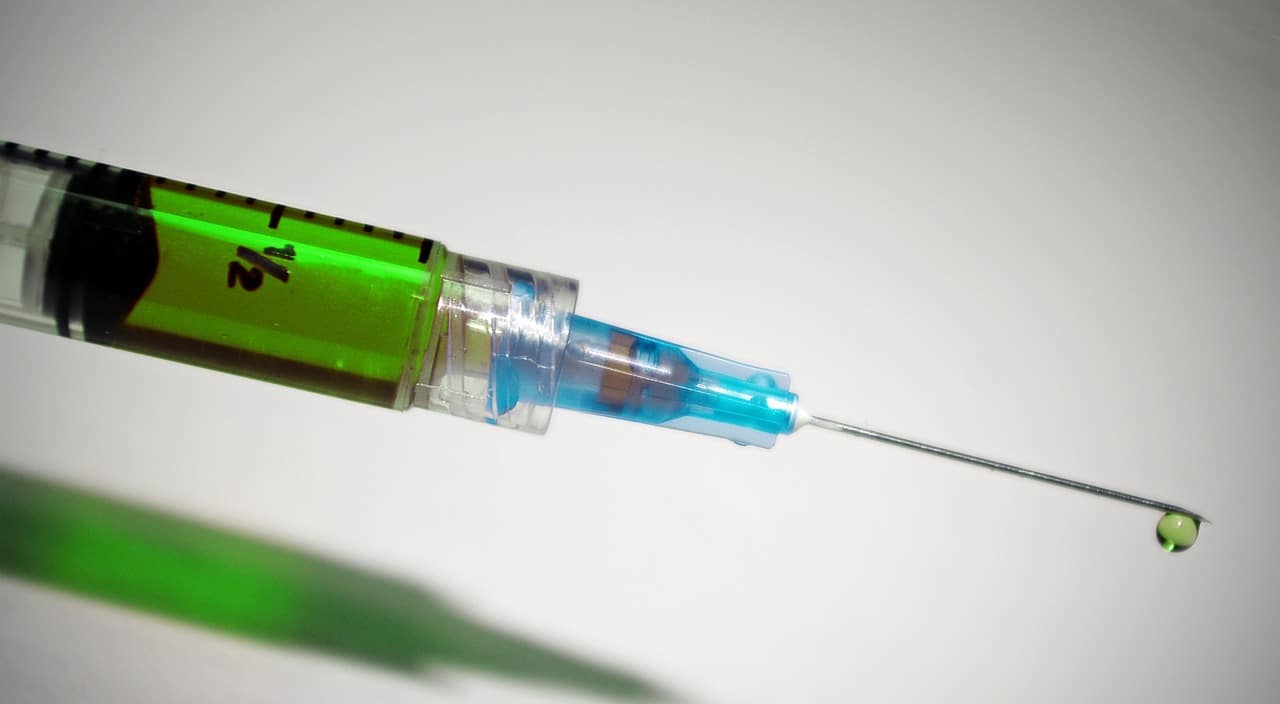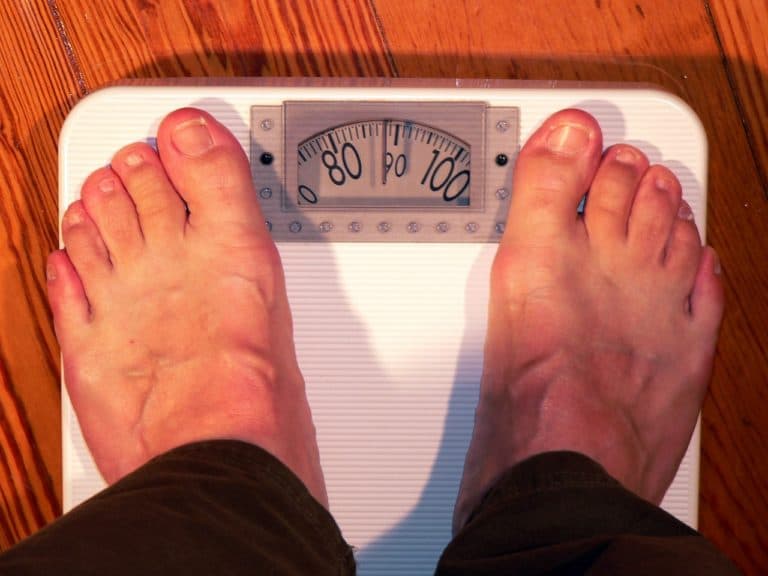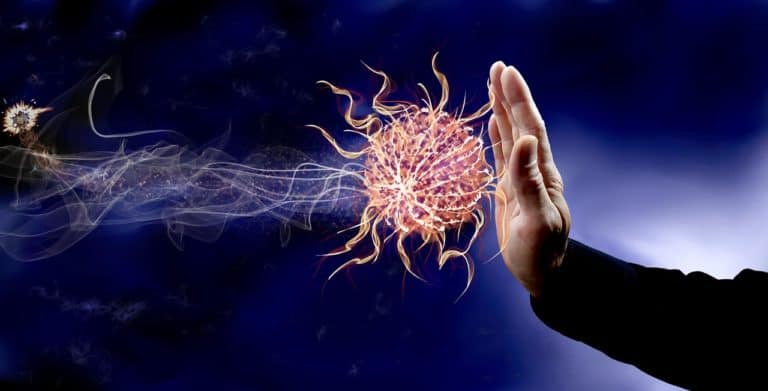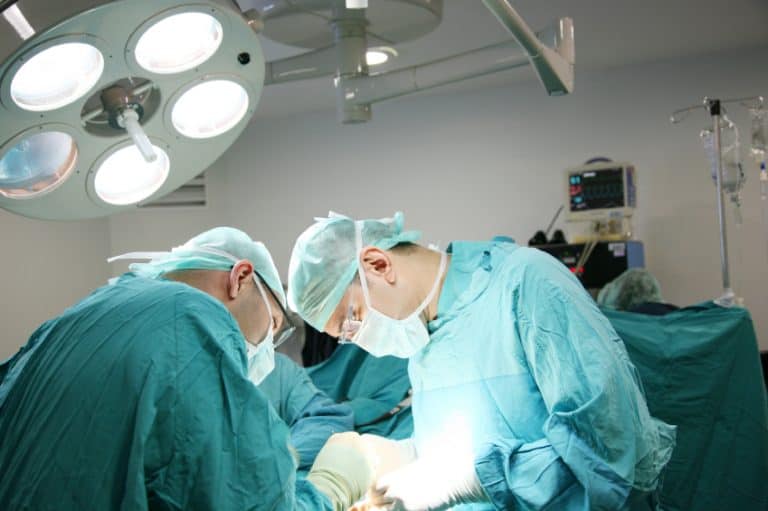Prostate cancer vaccines are a novel therapy for castration-resistant metastatic prostate cancer.
Prostate cancer is the second leading cause of cancer death among U.S. men. According to the American Cancer Society, 1 in 6 men will be diagnosed with prostate cancer in their lifetime and 1 in 36 will die from prostate cancer. In 2013, there will be over 238,00 new cases diagnosed with nearly 30,000 deaths.
The 5-year survival for local and regional prostate cancer is excellent at nearly 100%, while prostate cancer that has spread to distant lymph nodes, bones, or other organs is 28%.
Prostate cancer vaccines target this latter group of patients with a poorer prognosis. Generally, a prostate cancer vaccine is considered when your prostate cancer is no longer responding to hormone therapy.
Novel treatment—prostate cancer vaccines
Prostate cancer vaccines are different from the the vaccines you received as a child. Your childhood vaccines tried to prevent diseases like measles, mumps, and rubella. Prostate cancer vaccines, on the other hand, boost your immune system to identify, attack, and kill prostate cancer cells. While the vaccines you received as a child were mass produced (i.e., every patient receives the same vaccine), the Provenge treatment is made for you individually.
Prostate cancer vaccines are used to treat castration-resistant prostate cancer that is not responding to hormone therapy. Provenge is one of the prostate cancer vaccines that is an available therapy for the treatment of asymptomatic or minimally symptomatic, castration-resistant metastatic prostate cancer.
In short, immune cells are taken out of your body through a process that is similar to blood donation called pheresis. Your immune cells are then treated to develop your specific Provenge infusion. When the immune cells are reinfused, they find and attack the advanced prostate cancer cells in your body.
Side effects of prostate cancer vaccines
In general, the side effects of Provenge are milder than side effects you might experience with chemotherapy or hormone therapy. The most frequent side effects of the Provenge prostate cancer vaccine are flulike symptoms including:
- Chills
- Fatigue
- Fever
- Joint pain
- Headache
- Muscle aches and pains
- Nausea
Other Provenge side effects that may occur in 10% or more patients include:
- Anemia
- Dizziness
- Weakness
Am I a candidate?
You may benefit from the Provenge prostate cancer vaccine if:
- Despite standard anti-androgen therapy, your PSA is rising
- You have metastatic disease (i.e., spread to other parts of the body)
- You do not need narcotics for pain control
Read more in our Prostate Cancer Health Center.
Reference
merican Cancer Society. Prostate Cancer. Accessed June 22, 2013.







